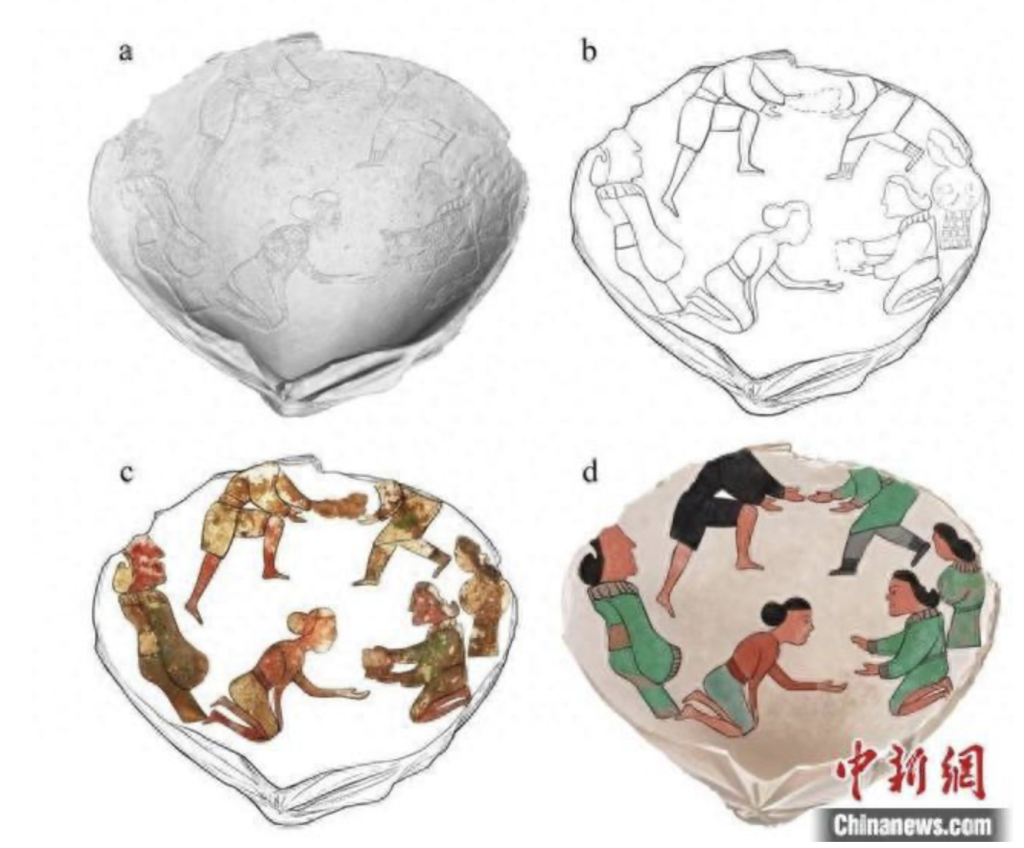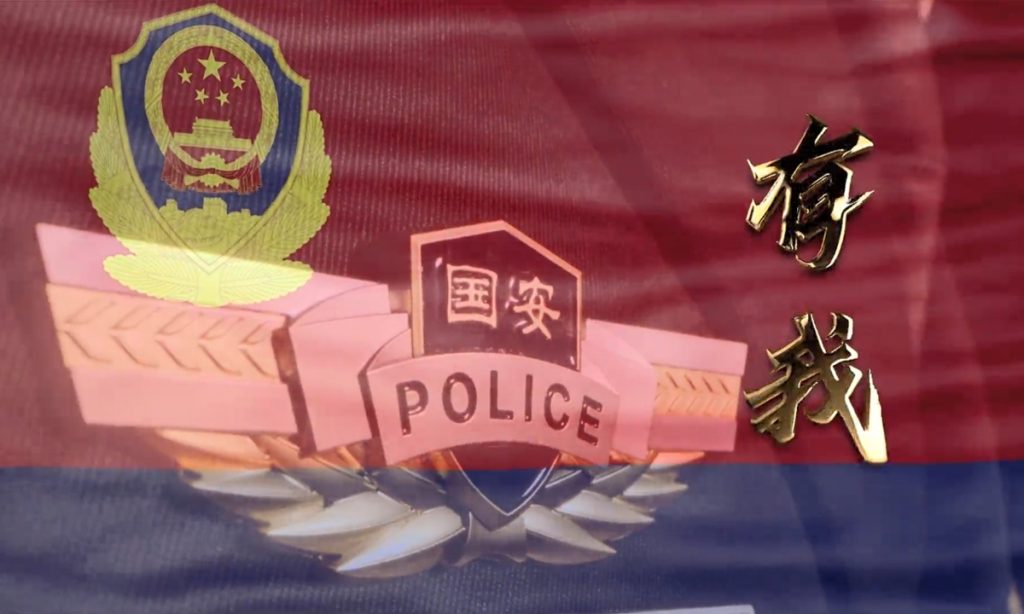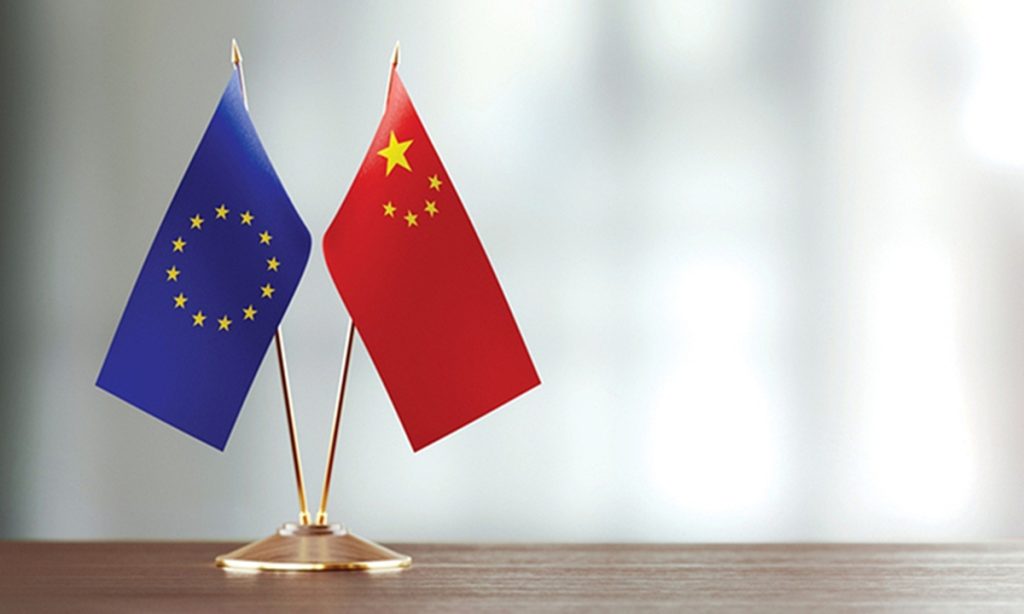Scholars recreate shell paintings dating back over two millennia

In ancient times, shells served as decorations, tools, religious artifacts and currency, as well as canvases for art. However, archaeological evidence of this practice has been scarce, and research in this area has been lacking.
Recently, Chinese scholars for the first time recreated images of shell paintings from over 2,000 years ago, based on findings at an archaeological site dating from the Warring States period (475BC-221BC).
A paper authored by Professor Luo Wugan and a team from the University of Chinese Academy of Sciences and several other universities was recently published in the prestigious Journal of Cultural Heritage. It traces the history of shell paintings, a unique art form, back to at least the Warring States period in China.
Observations through three-dimensional video microscopy revealed that the production of the shell paintings began with precise delineation and positioning of images using raised lines. This technique is reminiscent of methods widely used in jade carving. The intricacy and precision of the craftsmanship on such small and fragile shells is highly impressive.
Subsequent comprehensive analysis using X-ray fluorescence and Raman spectroscopy revealed the various pigment components used in the colored decorations of the shell paintings: the vibrant red pigment was sourced from cinnabar, the fresh green hue was attributed to malachite, and the deep, mysterious black color derived from the use of charcoal.
Technological archaeological research on shell paintings also indicates that this distinctive art form seemed to flourish in northern China during the Warring States period, with its influence extending into the Han dynasty. These shell paintings also exhibit a rich variety of subjects, with lifelike characters and sophisticated compositions, making them of immense historic, scientific and artistic value.

